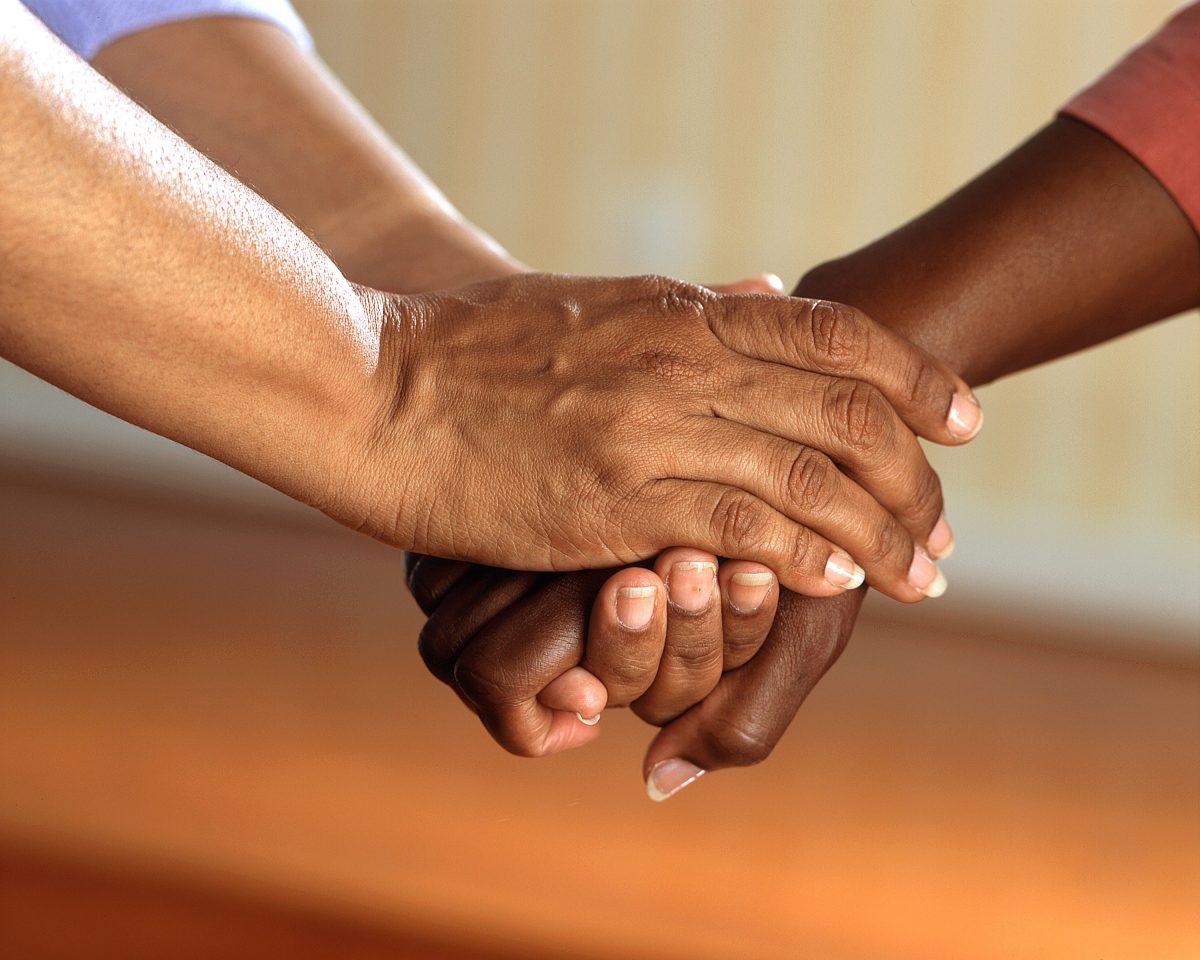Recovering from alcohol addiction is not easy. It is important for someone going through the process to have a strong network throughout the journey. Alcoholics Anonymous is a good example of what a strong support network is like. This international fellowship consists of both men and women who have had drinking problems. It is nonprofessional, self-supporting, multiracial, apolitical and available almost everywhere. Within this fellowship, there is a sponsor-sponsee relationship in place to assist newly recovering addicts. In the face of relapse triggers and preventing relapse, we should stress the importance of having a recovery companion.
Do You Need an AA Sponsor?
If you are new to Alcoholics Anonymous, you are not required to have a sponsor nor do you need one. However, studies have shown that having a sponsor correlates positively with more attendance and abstinence over time. It is hard for anyone to by themselves, let alone be on their own in a difficult journey of alcohol recovery.
According to an Alcoholics Anonymous booklet, a sponsor is defined as “an alcoholic who has made some progress in the recovery program and shares that experience on a continuous, individual basis with another alcoholic who is attempting to attain or maintain sobriety through AA.” Not everyone is going through alcohol recovery with family and friend support. Their only support could just be the fellowship in Alcoholics Anonymous. An AA sponsor can be first and foremost, a friend who will be there for you, through the ups and downs. They can be a shoulder to cry on during difficult times and lend an ear while you are encountering old/new stresses of living sober.
The most important thing a sponsor can provide to their sponsee is hope. The sponsor is an example that sobriety is possible and that it is possible to leave addiction behind. They are also able to connect with the sponsee in their similar experiences and difficulties. It will be easier for the sponsor to express empathy for what the sponsee is going through because they have been there before. They can let their sponsee know that they are not alone in the process. Feelings of hope and fraternity can help keep away negative emotions that could contribute to depression or relapse triggers.
Sponsors can also be accountability partners keeping their sponsee and encouraging them through difficult times or helping them navigate difficult situations. For example, if a sponsee is feeling stressed, they can reach out to their sponsor via phone or text and get immediate support. Last but not least, a sponsor can also be a point of various recovery resources both inside and outside of Alcoholics Anonymous.
In summary, AA sponsors are tasked with encouraging sponsees to actively engage in AA events/activities, providing emotional and practical support, and sharing personal experiences about alcohol recovery.
Things a Sponsor Should Not Do
The sponsor-sponsee relationship is usually between two people of the same genders. However, there are a few exceptions to that in cases which the sponsee is gay and requests a female sponsor and the reverse, where the sponsee is lesbian and requests a male sponsor.
Although there aren’t many rules, here a few things that sponsors should NOT do according to their 12 Traditions:
- Impose their personal views or opinions on religion or politics
- Act as if they know everything
- Claim to be a substitute for AA itself
- Take offense when their sponsee decides to ask someone else from the AA community for help
Should You Become a Sponsor?
If you have been sober for at least a year and you feel that you want to give back by being a sponsor in your AA community, here is a list of things you should be capable of doing and willing to do:
- Help your sponsee achieve and maintain sobriety in Alcoholics Anonymous
- Be able to demonstrate to others how AA has helped you maintain your sobriety
- Encourage your sponsee to attend AA meeting and activities
- Be available to help your sponsee handle challenging and triggering situations.
It would also be a good idea to check with your own sponsor if you are truly ready to become a sponsor yourself because being a sponsor requires a lot of patience, understanding, and willingness to walk with the sponsee on his/her perhaps tumultuous journey of alcohol recovery.
Tips for Avoiding Triggers Battling Cravings
If you are new to alcohol recovery and have not decided on having an AA sponsor, here are some helpful tips to help you avoid relapses.
- Figure out what triggers you: Everyone has different triggers including traumatic events, ongoing stress, peer pressure, loneliness, boredom, overconfidence, feelings of shame/embarrassment, or inability to cope. Identifying what your relapse triggers are can help you come up with plans to tackle them when such situations arise.
- Create a Plan: Have a plan on how you can act when faced with trigger situations. Perhaps it is counting till 10, stepping out of the room to breathe, or calling up your recovery companion.
- Think Rationally: If you find yourself wanting to get that glass of wine after a long day or smoke after handling a difficult customer, take a quick pause and think about why you are feeling stressed out. Think about how you can fix the problem that may be causing you stress first instead of reaching for that bottle of beer.
Find a Distraction: Sometimes, the best way to avoid something is to find something else to do. If you feel a craving, try distracting yourself with some other physical activity. Exercise gives you a boost in endorphins AND helps you reduce any stress and anxiety that you may have. You can also call up your sponsor, if you have one, and they can help walk you through the situation.
